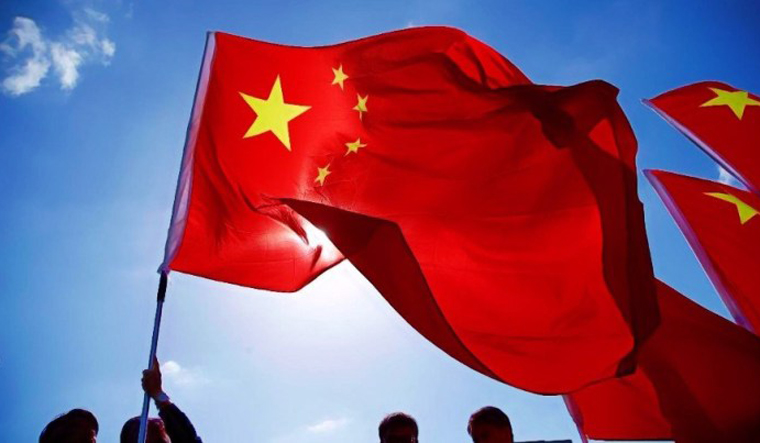Three years after the deadly Galwan valley clashes, the Chinese Communist Party (CCP) is taking subtle but firm steps to consolidate power at the Centre, not only to handle military conflicts arising out of territorial claims, but also deal with domestic and international challenges.
The process of reforms, kicked in after the 20th National Congress of the CCP last year, has reached the half-way mark and will be completed by 2024 with China eyeing global technological pre-eminence and supremacy in scientific research.
The State Council, the supreme organ of state administration, has recently adopted reforms that give the CCP an entry into functioning of key institutions earlier delinked with the party. Changes in China’s State Council usually take place at the beginning of each five-year session of the party congress. The last restructuring happened in 2018, in which several new ministries and agencies were created and restructured.
This time, what began with Xi Jinping tightening his grip on power by entering a third term, and key aides getting elected to the top bodies of politburo and central committee at the party congress, has catapulted into a process of transferring of authority from state institutions to a “party’’ institution.
Key changes are taking place in areas like science and technology, financial regulatory mechanisms, social work, data storage and functioning of special administrative regions of Hong Kong and Macau. According to security experts, the CCP is preparing itself for a long-term confrontation with the United States, especially in the field of science and technology , which is making China focus on innovation and self-reliance, especially in light of the Chips and Science Act passed in 2022 to boost domestic research and manufacturing of semiconductors in the US.
The first set of reforms are slated to be carried out in the ministry of science and technology, where restructuring of its functions is on the cards with the creation of a Central Science and Technology Commission, a coordinating body of the CCP. This body is expected to have more authority, resulting in better control by the party.
With the CCP facing challenges of economic slowdown and increasing unemployment, it has also decided to strengthen and streamline financial and monetary regulations.
Security officials who are analysing the state council's reports on reforms said the functions of the Financial Stability and Development Committee of the State Council would be transferred to the office of the Central Financial Work Commission, under the Central Commission. The comeback of the CFWC, abolished after the 16th Party Congress, is being seen by security experts as another attempt to bring the party discipline in the financial system that is witnessing major challenges.
Reforms are also expected to take place in the Central Social Work Department to transform itself into a functional department of the party. Lastly, the Central Hong Kong and Macau Work Office is expected to function as the working body of the party on HK and Macau affairs.
With CCP going through more changes this year , New Delhi will be watching the attempts by China to secure its position on the world stage. “Xi’s centralised and unified approach, whether it is reform of the scientific and technological system or reform of the financial system, increases chances of China not being soft and friendly,’’ said a senior security official.



